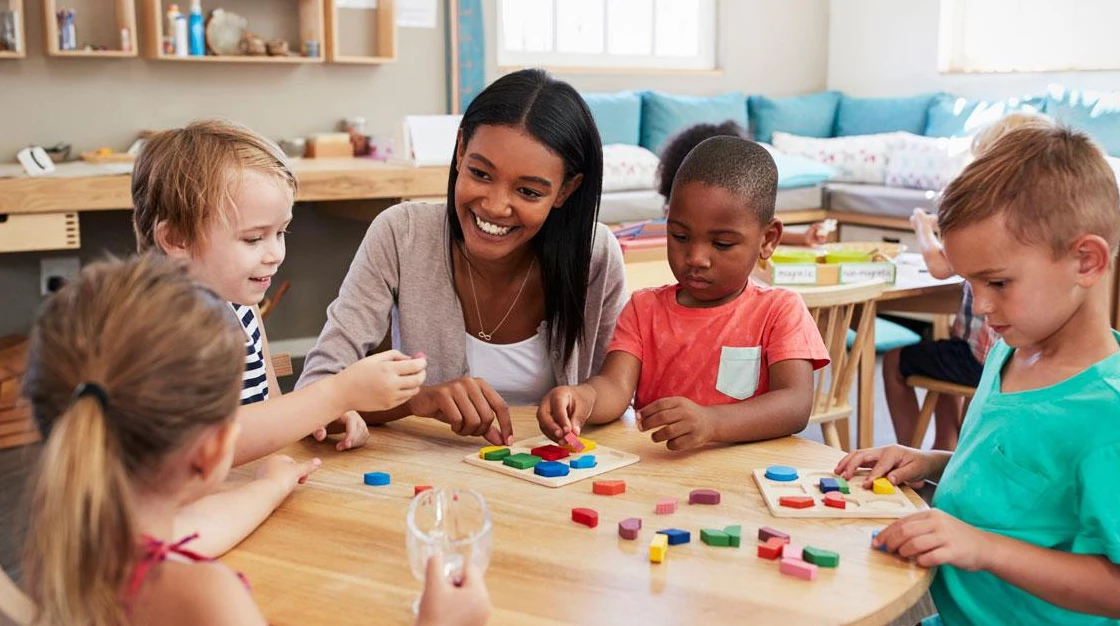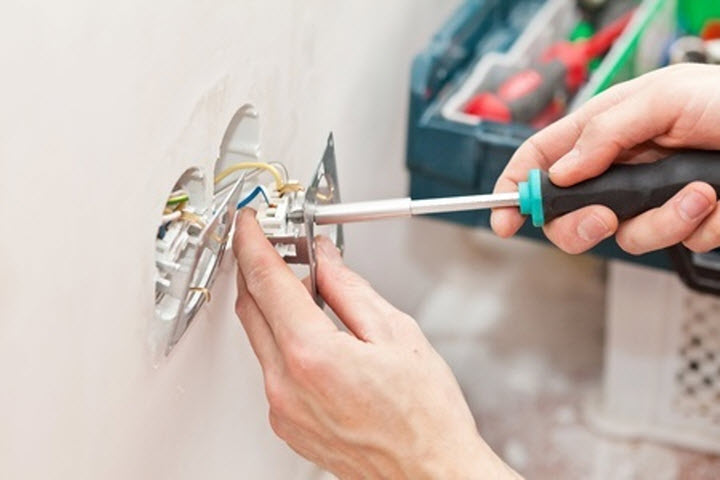Montessori education, with its emphasis on hands-on learning, independence, and holistic development, is uniquely positioned to prepare children for the challenges and opportunities of the future. In a rapidly changing world, where adaptability, critical thinking, and collaboration are essential skills, Westchester Montessori education equips children with the tools they need to thrive. This article explores how Montessori education prepares children for the future by fostering creativity, resilience, and a lifelong love of learning.
Adapting to a Changing World
In today’s world, where technology advances rapidly and job markets evolve, the ability to adapt to change is crucial. Montessori education provides children with a solid foundation for lifelong learning and adaptation by focusing on:
Critical Thinking and Problem-Solving
- Hands-On Learning: Montessori materials and activities encourage children to explore, experiment, and problem-solve independently, fostering critical thinking skills.
- Self-Directed Learning: By allowing children to follow their interests and pursue their own inquiries, Montessori education promotes curiosity, exploration, and a love of learning.
Resilience and Perseverance
- Learning from Failure: Montessori classrooms embrace the idea of “mistakes as opportunities,” encouraging children to learn from setbacks and persevere in the face of challenges.
- Independence: By fostering independence and self-reliance, Montessori education equips children with the confidence and resilience to navigate obstacles and overcome adversity.
Building Collaboration and Communication Skills
In an increasingly interconnected world, the ability to collaborate effectively and communicate across diverse contexts is essential. Montessori education prepares children for this by:
Mixed-Age Grouping
- Peer Learning: Montessori classrooms typically include children of different ages, allowing for peer learning, mentorship, and collaboration.
- Empathy and Understanding: Through interactions with peers of varying ages and backgrounds, children learn to empathize, communicate, and collaborate effectively.
Community-Building Activities
- Group Projects: Montessori education often incorporates collaborative projects and group activities, teaching children to work together towards shared goals.
- Conflict Resolution: Montessori classrooms provide opportunities for children to practice conflict resolution skills, promoting understanding, empathy, and cooperation.
Embracing Creativity and Innovation
Innovation drives progress in every field, and creativity is the fuel that powers it. Montessori education nurtures creativity by:
Freedom to Explore
- Open-Ended Materials: Montessori materials are designed to be open-ended and versatile, allowing children to explore and create in their own unique ways.
- Artistic Expression: Montessori classrooms often include art and music materials, providing opportunities for children to express themselves creatively and develop their artistic talents.
Encouraging Original Thinking
- Independent Projects: Montessori education encourages children to pursue independent projects and follow their own interests, fostering original thinking and innovation.
- Problem-Based Learning: Montessori activities often present real-world problems for children to solve, encouraging creative thinking and innovation.
Cultivating Global Citizenship and Environmental Awareness
As global citizens, children need to develop a sense of responsibility towards the planet and an understanding of diverse cultures and perspectives. Montessori education promotes this by:
Cultural Studies and Geography
- Cultural Exploration: Montessori classrooms often include materials and activities that explore different cultures, traditions, and geographical regions.
- Global Awareness: By learning about the world around them, children develop empathy, understanding, and a sense of connectedness to global issues and communities.
Environmental Education
- Sustainability: Montessori education emphasizes environmental stewardship and sustainability, teaching children to respect and care for the natural world.
- Outdoor Learning: Montessori classrooms often include outdoor learning experiences, fostering a connection to nature and an appreciation for the environment.
Conclusion
Montessori education prepares children for the future by equipping them with the skills, mindset, and values they need to succeed in a rapidly changing world. By fostering critical thinking, collaboration, creativity, and global citizenship, Montessori education empowers children to navigate challenges, embrace opportunities, and contribute positively to society. With its focus on independence, resilience, and a love of learning, Montessori education lays the foundation for a lifetime of success and fulfillment.



